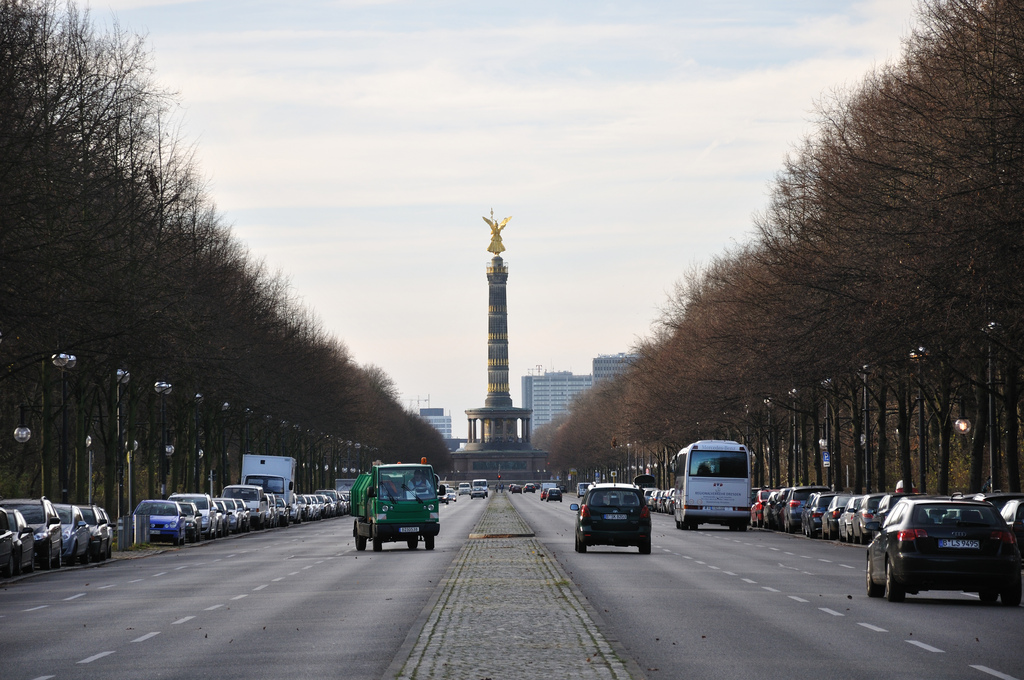Now Reading: Ford to make investment of $1 billion to upgrade South African operations
-
01
Ford to make investment of $1 billion to upgrade South African operations
Ford to make investment of $1 billion to upgrade South African operations

Ford Motor will invest $1.05 billion in its South African manufacturing operations, including upgrades to increase the production of its Ranger pickup truck, the U.S. automaker said on Tuesday.
The investments aim to boost Ford’s installed capacity in South Africa from 168,000 to 200,000 vehicles, said Andrea Cavallaro, operations director of Ford’s International Market Group.
“It’s the biggest investment in Ford’s 97-year history in South Africa and one of the largest ever in the local automotive industry,” he informed an announcement event.
Ford joins global automakers including Volkswagen, Toyota, and Nissan in ramping up production in Africa, observed by the industry as a large, untapped market for new car sales.
Around a third of Ford’s regional production is sold in South Africa and other sub-Saharan African nations, with the rest exported elsewhere.
Ford’s South African investment consists of $683 million for technology upgrades and new facilities at its plant located in Silverton, a suburb of the administrative capital Pretoria, and $365 million to upgrade tooling at major supplier factories.
The plant will also produce Volkswagen pickup trucks as part of the Ford-VW alliance.
The expanded production will generate 1,200 jobs with Ford in South Africa, boosting the local workforce to 5,500 employees, while adding an estimated 10,000 new jobs throughout the automaker’s supplier network.
The automaker also wants to make the Silverton plant entirely energy self-sufficient and carbon neutral by 2024, Cavallaro said.
South Africa has big ambitions for its automotive sector, putting it at the heart of attempts to recover economic growth and decrease unemployment via industrialization.
Speaking at Ford’s announcement, South African President Cyril Ramaphosa said the company had already helped to bring 12 automotive component providers to the country.
“Ford Motor Company is like a beautiful flower and it has attracted all these wonderful bees that keep coming here,” he said.
The government’s plan targets a more than doubling of the industry’s yearly production to 1.4 million vehicles by 2035 and increasing the proportion of auto components made locally to 60% from 39%, supported by investment and tax incentives.
The goals have been dealt a blow by the coronavirus crisis, however, with both local sales and exports down by around 30% last year.
Stay Informed With the Latest & Most Important News
Previous Post
Next Post
-
 01Polestar Boss Says It’s Time To Outrun BMW M And Mercedes-AMG
01Polestar Boss Says It’s Time To Outrun BMW M And Mercedes-AMG -
 02Spy Shots: 2027 Mitsubishi Pajero Spotted in Testing Ahead of Possible U.S. Return
02Spy Shots: 2027 Mitsubishi Pajero Spotted in Testing Ahead of Possible U.S. Return -
 03Spy Photos: VW ID. Polo GTI Goes Electric with 223 HP and 280 Miles of Range
03Spy Photos: VW ID. Polo GTI Goes Electric with 223 HP and 280 Miles of Range -
 042026 Toyota Hilux EV: A Powerful Truck with Silent Torque
042026 Toyota Hilux EV: A Powerful Truck with Silent Torque -
 05The Controversial Ford Voodoo V8 That Was Killed Off Too Early
05The Controversial Ford Voodoo V8 That Was Killed Off Too Early -
![2027 Mercedes-Benz S-Class Debuts with V8 Engine [Photo Gallery]](https://speedlux.com/wp-content/uploads/2026/01/2027-Mercedes-Benz-S-Class-33-155x125.jpg) 062027 Mercedes-Benz S-Class Debuts with V8 Engine [Photo Gallery]
062027 Mercedes-Benz S-Class Debuts with V8 Engine [Photo Gallery] -
 07Hyundai Palisade’s Breakout Year Shows How Quickly the Market Can Turn
07Hyundai Palisade’s Breakout Year Shows How Quickly the Market Can Turn


![2027 Mercedes-Benz S-Class Debuts with V8 Engine [Photo Gallery]](https://speedlux.com/wp-content/uploads/2026/01/2027-Mercedes-Benz-S-Class-33-700x394.jpg)










































